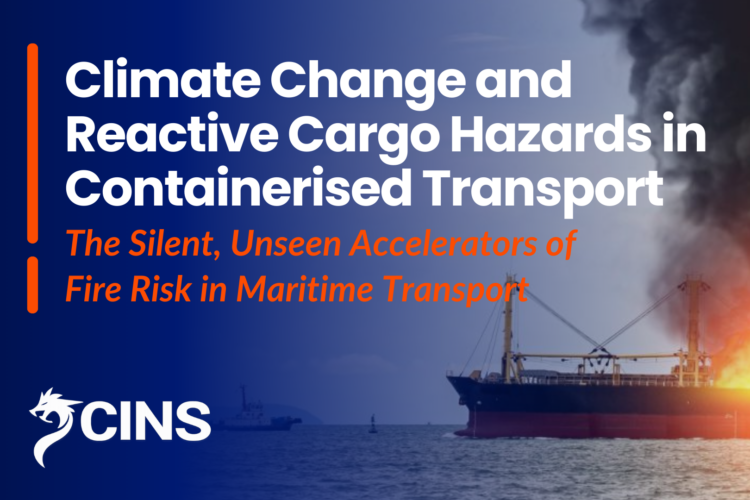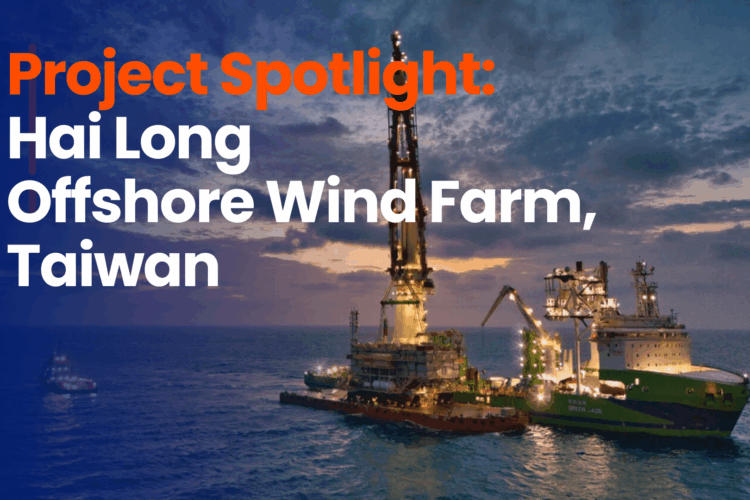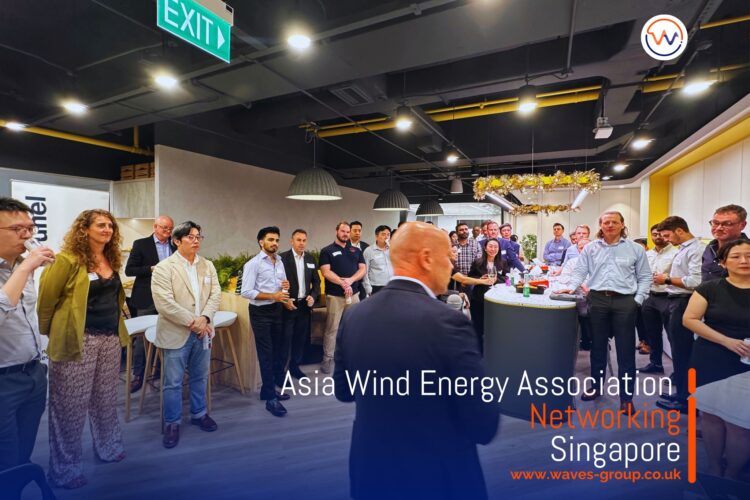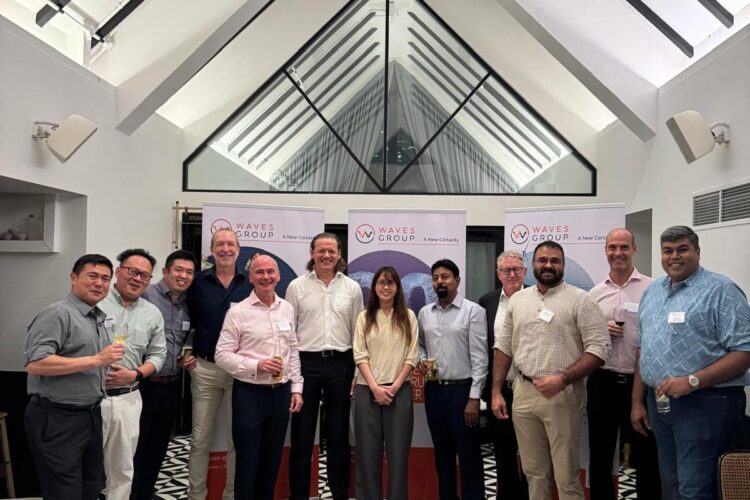The Rising Tide of Marine Fire Risks: Lessons from Wikborg Rein’s “Burning Questions”
The shipping industry is facing a stark reality: shipboard fires are on the rise, increasing by 20% year on year, with more than 250 incidents recorded in 2025 alone. At Wikborg Rein’s recent panel discussion “Burning Questions: The Explosive Risks Facing Global Shipping”, Waves Group joined industry leaders to examine the causes, consequences, and critical challenges of this growing threat.
As experts in marine casualty response and risk assessment, we believe this conversation underlines the urgent need for change across training, ship design, cargo handling, and industry collaboration.
Rising Casualties, Rising Costs
Car carriers and RoRo vessels remain at the forefront of risk, with one in five RoRo fire incidents ending in total loss. The scale of such casualties, both in terms of financial exposure and safety implications, is increasing. Fires at sea present not only immediate hazards but also prolonged operational, environmental, and legal consequences.
Crew Safety: Training Gaps Must Be Addressed
At the heart of every casualty are the crews expected to respond with limited resources. Current STCW firefighting training is insufficient for today’s risks, particularly lithium ion battery incidents. With just two to five days of generic training, seafarers are ill equipped to handle the scale and complexity of modern shipboard fires.
The industry must move beyond minimal standards towards specialised training programmes, supported by emerging technologies such as thermal imaging, AI detection systems, and enhanced fire suppression equipment.
Cargo Risks: Misdeclaration and New Hazards
Cargo remains one of the most unpredictable factors in fire casualties. Misdeclared dangerous goods, poorly packed containers, and lack of cargo disclosure create serious risks for shipowners and crews alike.
The rise of alternative fuels, biomass products, and ageing electric vehicles introduces hazards that are not yet fully understood. Damaged EVs, for example, should never be carried on RoRo vessels, yet without clear declarations and oversight the risk persists. Greater accountability is required across the entire supply chain, from manufacturers and packers to carriers and insurers.
Ports, Salvage and Legal Complexities
The panel highlighted another pressing issue: ports’ reluctance to accept fire damaged vessels. Environmental concerns, berth blocking risks, and political pressures mean that salvage operations are often delayed or diverted, exacerbating damage and costs.
Early engagement of claims specialists, technical experts, and salvage teams is therefore essential. Proactive collaboration between shipowners, insurers, charterers, and port authorities can turn a crisis into a controlled response.
Emerging Risks: Preparing for the Unknown
The shipping industry is in the midst of rapid transformation driven by net zero targets and emerging technologies. But with innovation comes uncertainty. From new fuels to advanced cargo types, we are increasingly “building the plane as we fly it.”
Future casualties will be larger, more complex, and harder to access, particularly in conflict zones or remote areas where salvage resources are limited. The speed of regulatory response must keep pace with technological change, or the gap between risk and resilience will only widen.
Waves Group Perspective
At Waves Group, we believe the key takeaways from this discussion are clear:
- Speed matters – from detection to claims handling, rapid response is critical
- Training must evolve – crews need modern, specialised firefighting knowledge
- Supply chain accountability is essential – cargo declaration and packing standards must be enforced
- Collaboration is vital – ports, insurers, and operators must work together to safeguard lives and assets
- Emerging risks must be anticipated – the industry cannot wait for casualties before learning lessons
Marine fires are not just operational challenges; they are systemic risks that demand collective industry action. Waves Group continues to support shipowners, insurers, and salvors in addressing these evolving threats through expert analysis, casualty management, and risk mitigation strategies.
Waves Group Expertise
Our services span the full casualty lifecycle, from prevention and preparedness to incident response and claims resolution.
Including:
- Casualty response and forensics – rapid deployment of master mariners, engineers, and naval architects to investigate the cause of incidents, assess structural damage, and provide evidence-based analysis.
- Salvage and technical support – advising on stability, firefighting capability, towage operations, and the safe management of damaged vessels.
- Fire and explosion risk assessments – identifying vulnerabilities in vessel design, systems, and cargo-specific hazards such as lithium ion batteries and dangerous goods.
- Investigation and expert witness services – forensic analysis and independent reporting to support insurers, P&I Clubs, and legal teams in complex claims and litigation.
- Training and preparedness – scenario-based programmes designed to prepare crews and operators for modern fire risks, including lithium-ion battery and alternative fuel incidents, bridging the gaps in statutory training.
- Future risk mitigation – practical guidance on vessel modifications, cargo handling procedures, and the emerging risks linked to new fuels and technologies.
Through this integrated approach, Waves Group helps clients anticipate risks, respond effectively to casualties, and reduce both human and financial exposure.








